On the Gulf Coast, gardening is not limited to one season - and some vegetables are actually better suited to fall planting.
-story by Christian Stephenson Vegetables
Many vegetables are well adapted to growing in the fall. In fact, cool season vegetables such as broccoli, cauliflower and carrots develop better flavor when they mature in cooler weather. Some plants, such as Chinese cabbage and rutabagas, are very sensitive to heat and should only be grown in the fall.
Here in the South, because we have long warm seasons, we can replant spring vegetables like tomatoes, peppers, and squash and harvest before the arrival of cold weather.
Planting dates for fall vegetables should be based off the time the plant will take between planting and harvest. Most seed packets will list days to maturity for vegetables which makes it easier to ensure that you will be able to harvest before the first cold weather.
The first freeze date across SE Mississippi (as far north as Hattiesburg) would be approximately November 8th at the northern end of the range and as late as December 5th for Bay St. Louis. It is important to note that these dates are averages and freezes may occur earlier. It is also important to be aware of the weather and take steps to protect vulnerable plants if a cold event is likely to occur. Tomato plants from the spring may produce again if carried over from the spring, though you will usually enjoy a better crop if you replant. If you do keep plants from the spring, keep a close eye on fertilization, insect pests and plant disease, as managing these will be important to the continued health of the plants. In order to prepare for a fall planting, residue from spring plants should be removed and the soil should be tilled to a depth of at least six inches. It’s a good idea to get a soil test from your local Extension Service office before planting, as fall plants need fertilization as much as spring and summer vegetables and may have very different fertilization needs. Young plants placed in the garden during the hot summer can become shocked, so it is important to ensure that plants are watered well to reduce the stress of transplantation. If starting from seed, water a day or two prior to planting so that seeds are planted in moist soil. Watering after planting can cause the soil surface to crust, so it’s a good idea to cover seeds with a material like peat moss and vermiculite since this will not form a crust.
Another good method is to plant seeds in individual containers and transplant them to your garden. Planting seedlings in separate containers allows you to transplant the seedling along with its soil in order to lessen the shock of being transplanted.
Providing newly established plants a bit of shade can also help them to get established. Plants that require full sun need around eight hours of direct light per day, and we get much more than that through the summer months. Planting in the fall should be done keeping in mind the time required for plants to mature and the date of first frost in your area. In addition, warm season vegetables will need more time to mature as the weather cools. Check with your local Extension Service office for average first freeze dates and recommended planting dates for fall vegetables.
Late summer is a great time to visit a local nursery and look at options for your home garden. Fall blooming flowers add color and interest to the landscape. Chrysanthemums planted in late August will offer gorgeous flowers for weeks, and by choosing varieties by bloom season, they can continue to show off in the landscape through November.
Marigolds also offer a range of colors perfect for the fall landscape with blooms lasting until our first frost. Don’t forget to plant dianthus and violas along with other cool season flowers to enjoy them all the way into the next spring.
Now is also an excellent time to consider adding ornamental or fruit trees to the home landscape. Trees planted in the late fall benefit from our relatively mild winters by having time to establish themselves so that they are ready to grow the following spring.
When choosing a tree, be sure to select it based on its mature size and adaption to our climate. There is a wide variety of excellent ornamental and fruit trees that perform well in southern landscapes. Fig trees are very tolerant of our climate and grow quickly, with fruit that are wonderful fresh and as preserves. Pear trees offer an attractive option that can produce prolifically. It’s important when purchasing pear trees to remember that they need to be paired with another variety that blooms at the same time. One of the favorites for coastal areas are citrus trees. Satsuma trees are a personal favorite, both for their fruit and for the aroma of their flowers. Meyer lemon and grapefruit trees also make great additions to the landscape.
When choosing ornamental trees is important to consider the role you intend the tree to serve. You will want to pick a tree with its mature height and growth pattern in mind.
Holly trees grow well and a range of options are available to suit your landscape, from large specimen trees to thick border plants. Red maple is one of my personal favorites, offering up beautiful fall color. Redbuds make excellent trees to place along property borders or as specimens. They are one of the first bloomers in the spring with attractive flowers that show up before the leaves. Don’t forget the magnolias, with their glossy leaves and showy flowers. When planting a fall garden you should be aware of high temperatures, for your sake as well as for your plants. When working outside, be certain to take precautions against heat-related illness including drinking plenty of water, replacing salts and minerals, and wearing appropriate clothing. It’s also important to schedule outside activity for cooler parts of the day, and to pace yourself to avoid getting overheated. For more information about gardening you can visit the MSU Extension website at extension.msstate.edu, or contact the Hancock County Extension office at 228-467-5456 or at [email protected]. Send an email if you would like to receive notifications about weekly garden webinars or if you would like to receive our monthly newsletter. Reader support makes up a critical part of our magazine's budget! Help keep this community resource firewall-free:Comments are closed.
|
Categories
All
Archives
July 2024
|
Shoofly Magazine Partners
Our Shoofly Partners are local businesses and organizations who share our mission to enrich community life in Bay St. Louis, Waveland, Diamondhead and Pass Christian. These are limited in number to maximize visibility. Email us now to become a Shoofly Partner!

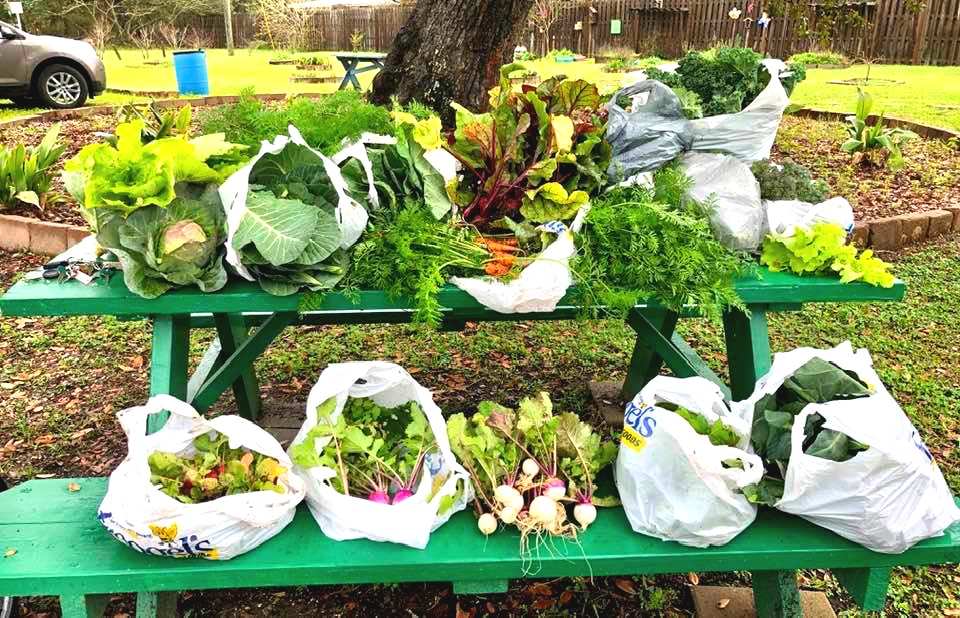

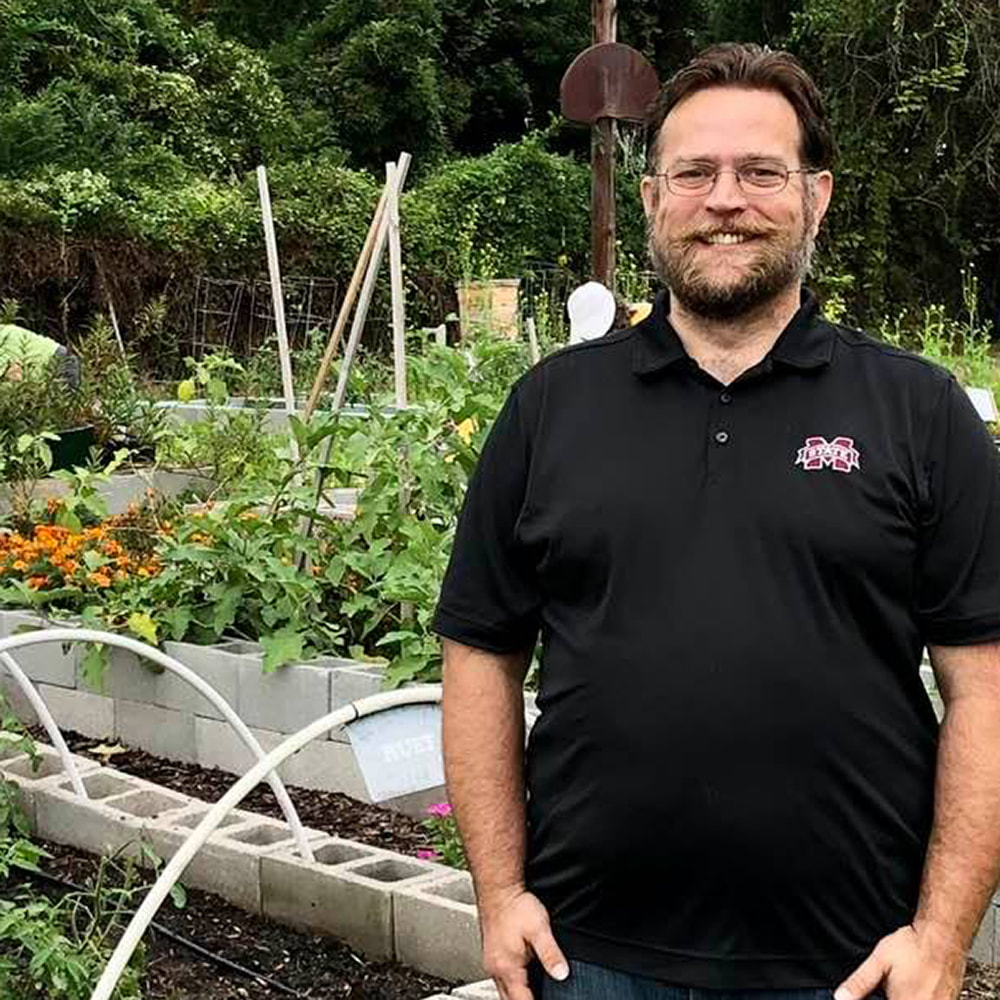
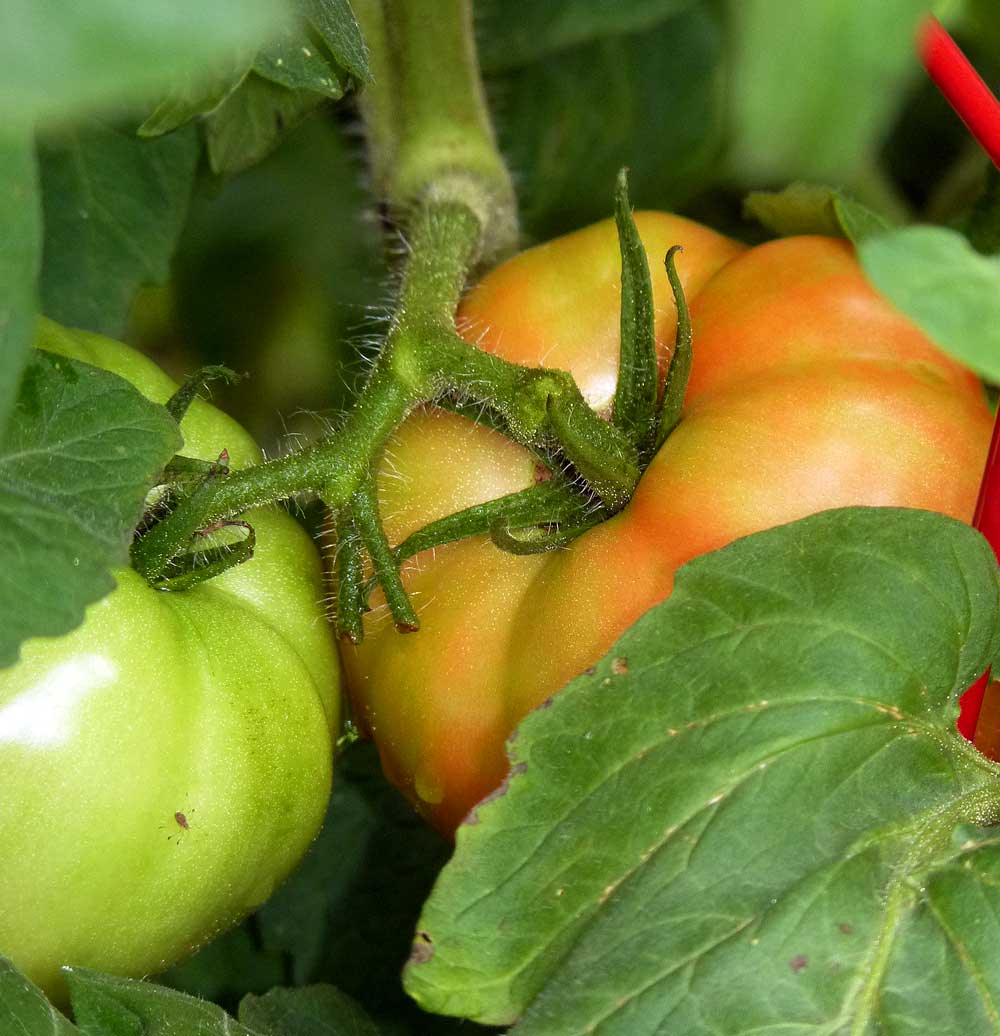
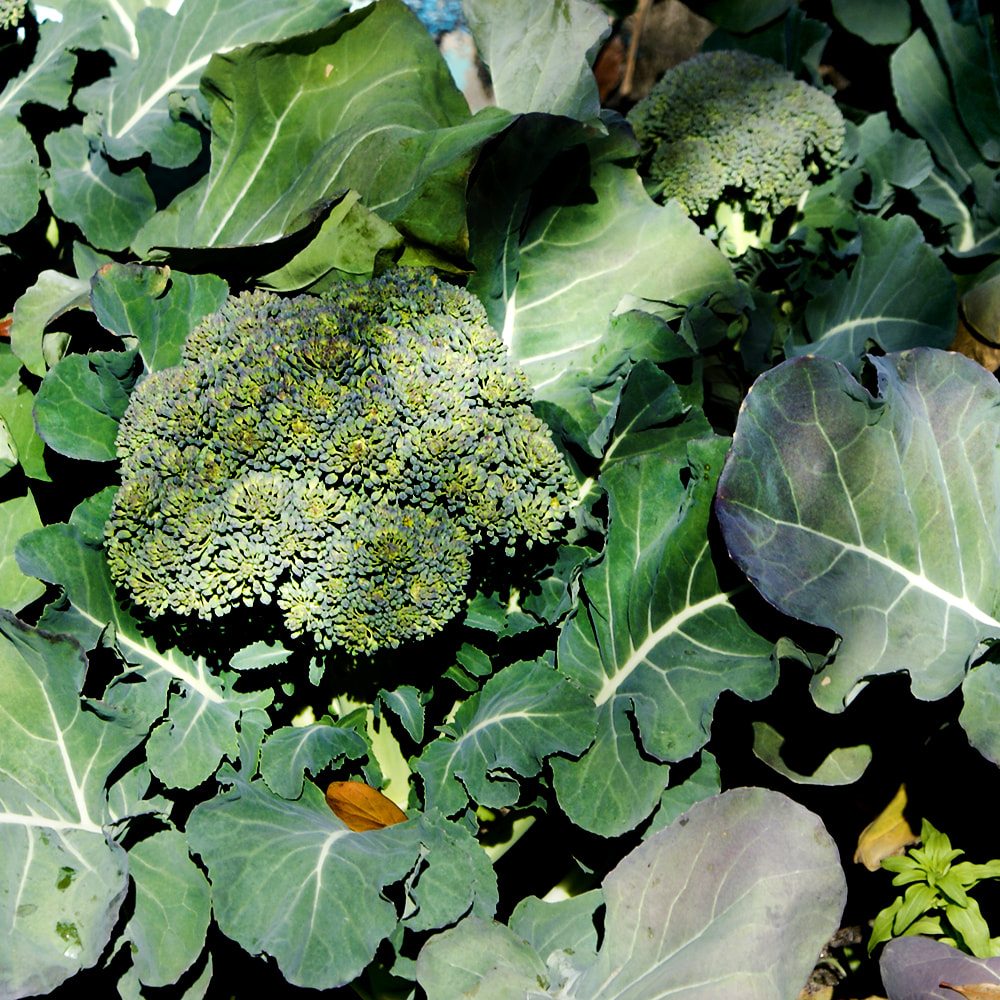
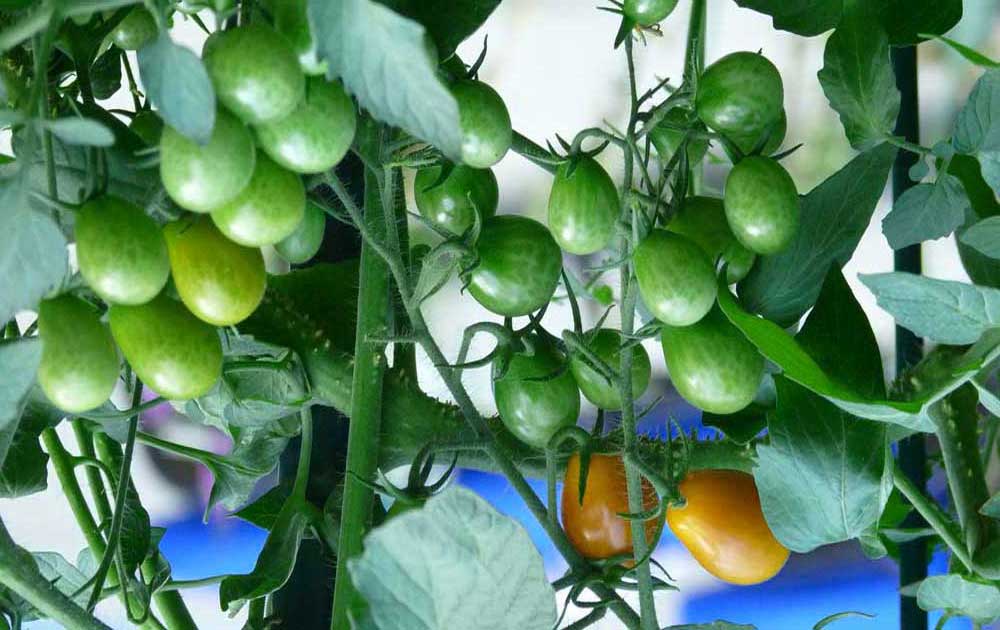
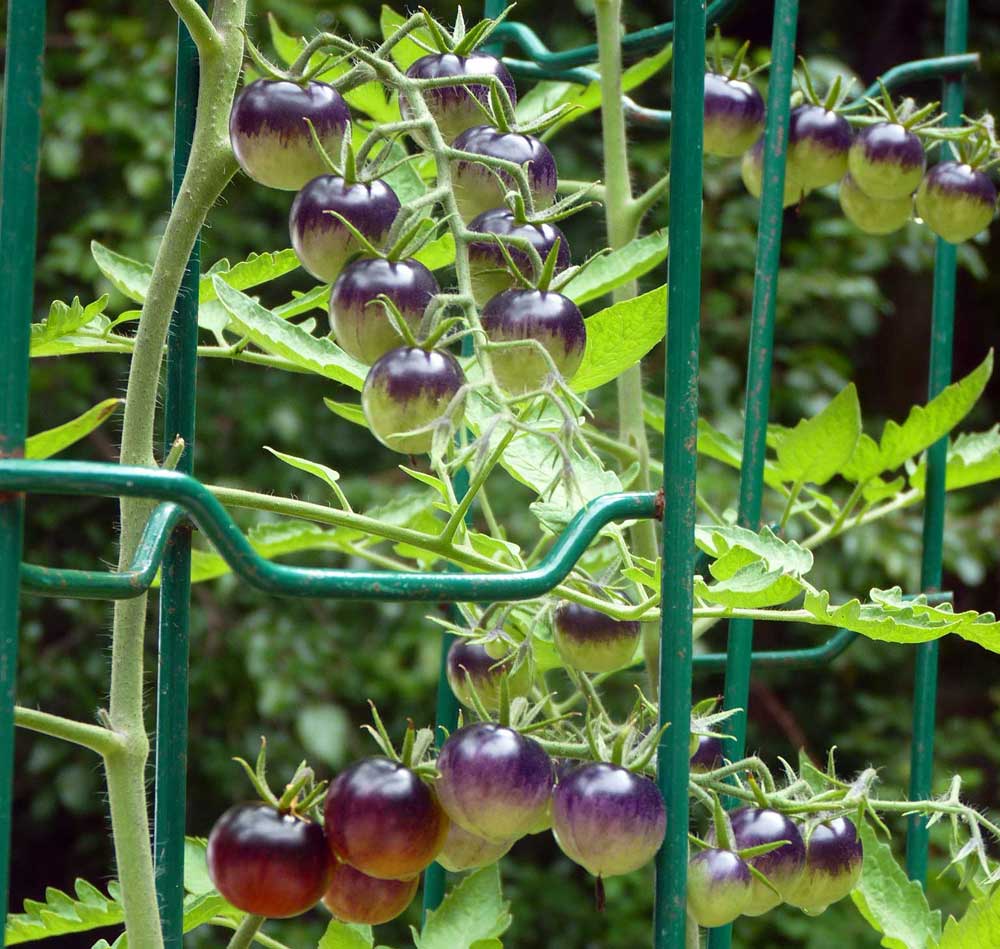
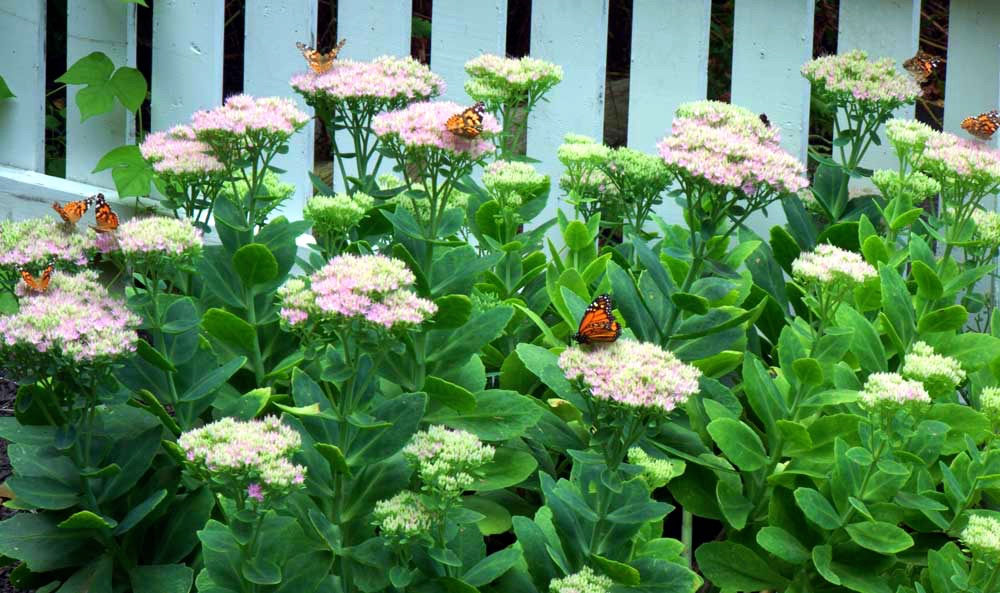
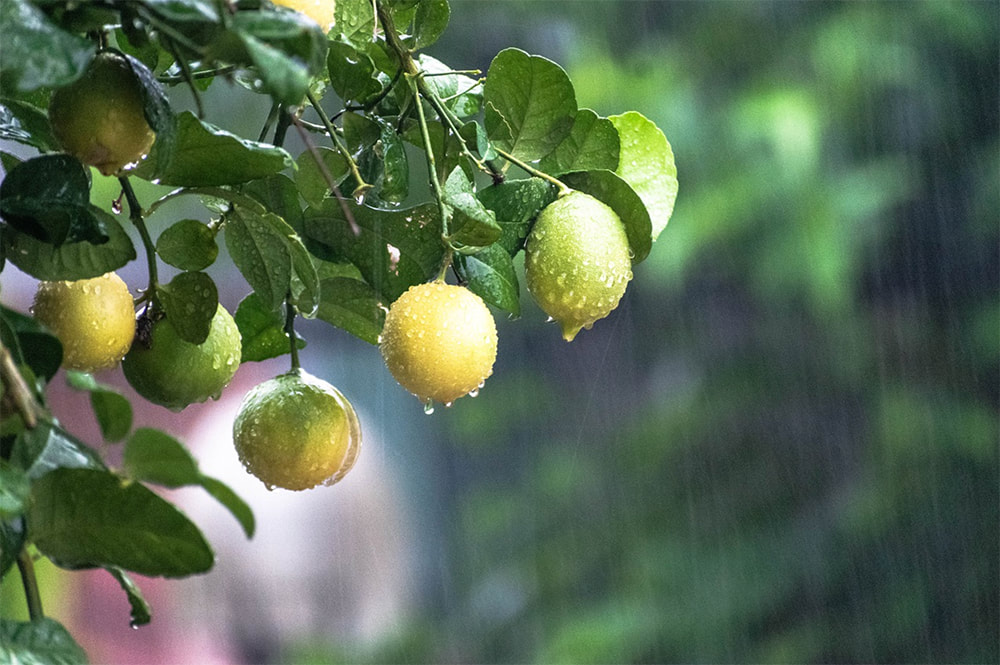
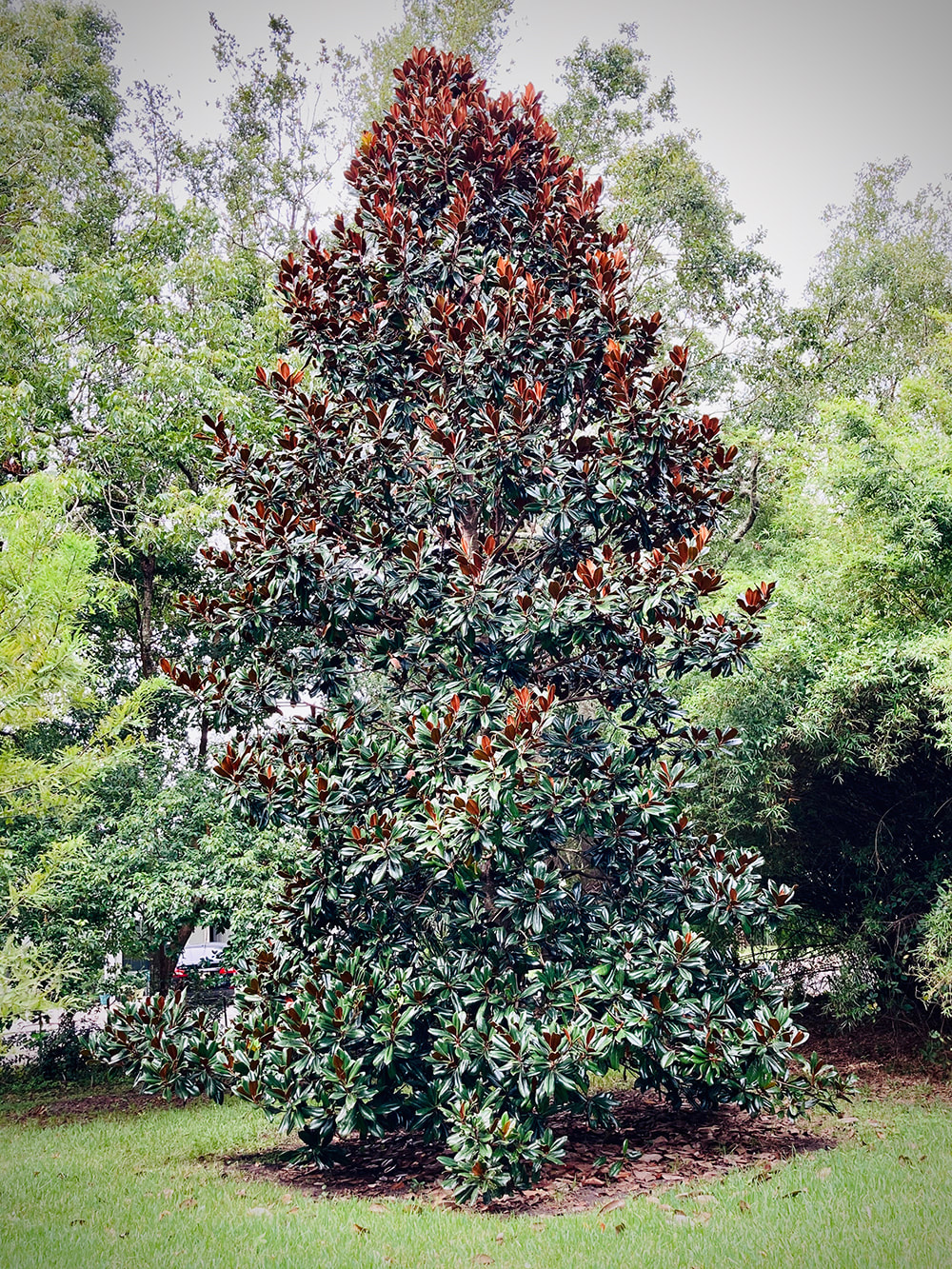


























 RSS Feed
RSS Feed























